Enkela Qoshlli ’18: “Both of my cultures have shaped me”
June 13, 2017
“It’s kind of romantic,” Enkela Qoshlli ‘19 said about her mother. “She was selfless in hoping.”
Although raised in Ventura, Enkela was born in Germiston, South Africa where her parents were reunited after being separated for over five years in their attempt to flee their homeland, Albania. Shortly after Enkela’s birth, the family of three moved to Georgia, where her younger sister was born. Eventually they found themselves in Ventura, California.
Enkela’s story began in Pogradec, Albania where her parents grew up. Fresh out of high school, Lila, Enkela’s mother, dreamt of going to college and becoming a nurse but was unable to attend because of the danger and chaos that was occurring in the cities where colleges were located. Instead, she worked as a waitress to help her family out as much as possible. Meanwhile, Dimitri Qoshlli fulfilled his two years of required military service where he worked as a repairman, developing his painting and handyman skills.
With Dimitri’s return from the military came the expectation of marriage. Because Albanian marriages are “very traditional,” according to Enkela, Dimitri’s father spoke with Lila’s father to decide if the two would be a “compatible match.” After the decision was made, Lila and Dimitri were engaged.
[soundcloud url=”https://api.soundcloud.com/tracks/327937629″ params=”color=ff0000&auto_play=false&hide_related=false&show_comments=true&show_user=true&show_reposts=false” width=”100%” height=”166″ iframe=”true” /]
However, despite their engagement, Dimitri wanted to leave the country more than anything to seek freedom from Albania’s weak government, crime and the neighboring Serbian Civil War. Promising to return to his fiancée, he went to Greece where he sold toys on the street in an effort to make money and survive.
Eventually Enxhi, a Greek woman, took him in. Despite the language barrier, she taught him Greek and helped him use his painting skills that he learned in the military to start his own painting business. She then sent him to South Africa to expand his business and prepare to bring his fiancée there.
“[My mom] waited… I think it was some insane number of years, I think it was like six or seven years and everyone just like constantly made fun of her and they were like he’s never coming back for you. Like he left you, I don’t know why you’re still hung up on him,” Enkela said.
Despite Lila’s friends’ disbelief, Dimitri returned to Albania to marry and bring Lila back to Germiston with him where years later, Enkela would be born.
After deciding that Germiston was not the most ideal place to raise a child, the family moved to Georgia in the United States where Enkela’s younger sister, Olga Qoshlli, was born. In time, Dimitri searched across Ventura for a new home on the West Coast. According to Enkela, Ventura reminded her father of his home in Albania, making Ventura his “home away from home.”
For Enkela, the only home that she remembers is Ventura. Growing up in an Albanian-American home comes with its difficulties and she often finds herself relating to American values while her parents still hold onto their traditional Albanian values and ideas.
“It’s very different,” she said. “My parents are a lot stricter than American parents.”
She often feels different from her long-time American friends. For example, her parents won’t allow her to spend as much time with her friends as she would like, specifically her male friends, because in their Albanian culture, it is socially unacceptable. She also feels that difference in family structure during her conversations with her parents who have more conservative views than she does, causing a clash between the generations.
Although she believes that Albanians are starting to “break away” from their traditional views and are becoming more progressive, she feels that they are “so far behind that they’re just playing the catch up game.”
Despite her issues with many aspects of Albanian culture, she appreciates other things about her heritage and her parents ways such as the tight knit family that she experiences when she visits Albania. In addition, her appreciation of her parent’s journey and culture has influenced her understanding of both American and Albanian cultures and has sparked an interest in Neurology.
“It’s helped shape what I’d like to do as a career too because I want to do stuff that focuses on the brain and it makes me wonder how much of this is learned behavior versus how much is ingrained in them,” Enkela said. For example, Enkela wonders what made her dad want to immigrate and take the risks he did.
As challenging as being an Albanian-American teenager can be, Enkela is “glad” that her parents risked as much as they did to move to America. She believes that staying in Albania would have meant a poor and uneducated life where her dreams of college and a career would be too far out of grasp.
“I’m definitely glad that they came here because I’d be a completely different person if I lived there. I would do nothing with my life,” she said. “There’s no way that I could move forward. So I’m definitely glad because I can do a lot more with my life here.”
Her childhood has been greatly influenced by her Albanian culture but it is hard for her to see it being a prominent part of her future. She can feel the Albanian within her starting to “slip away” as she becomes older and more “Americanized.”
Despite her changing desire to hold onto her Albanian ideals and roots, ultimately she will always have a place in her heart for the Albanian people and “doesn’t want [her] roots to disappear forever.”


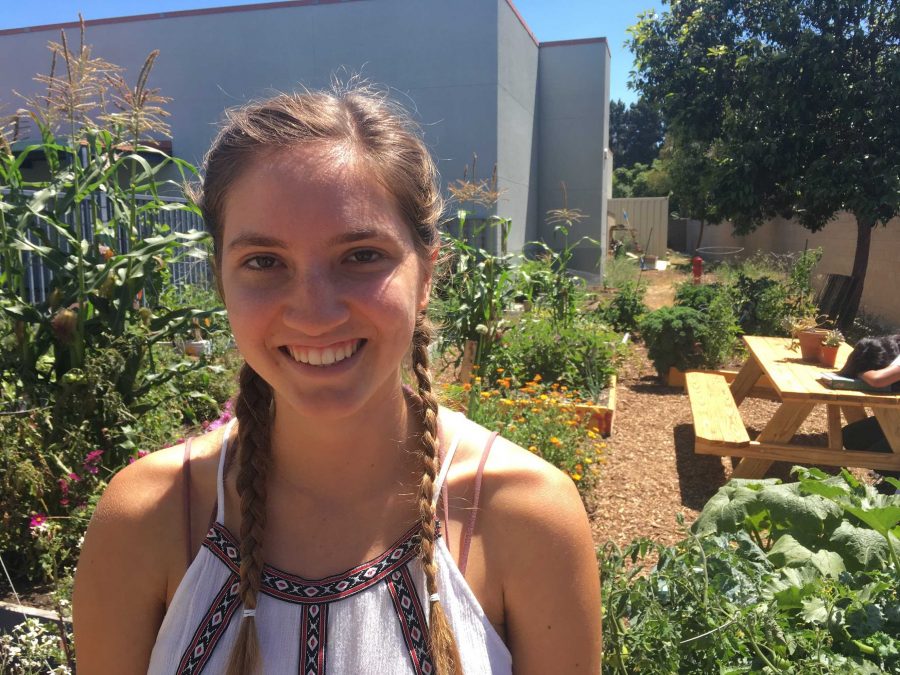


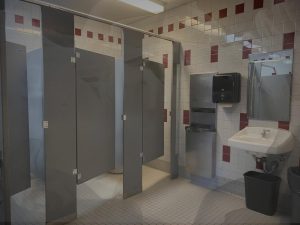


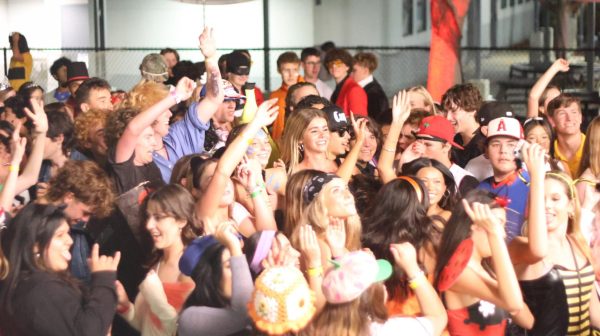
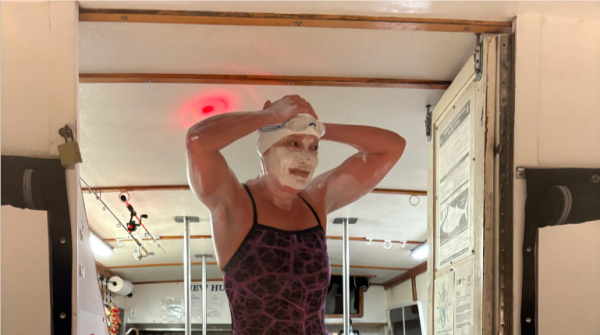
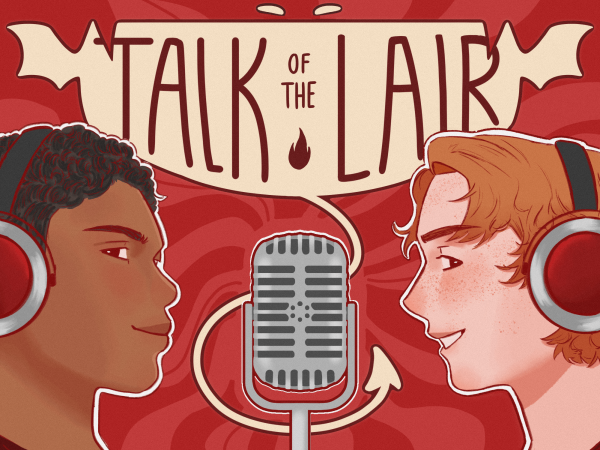
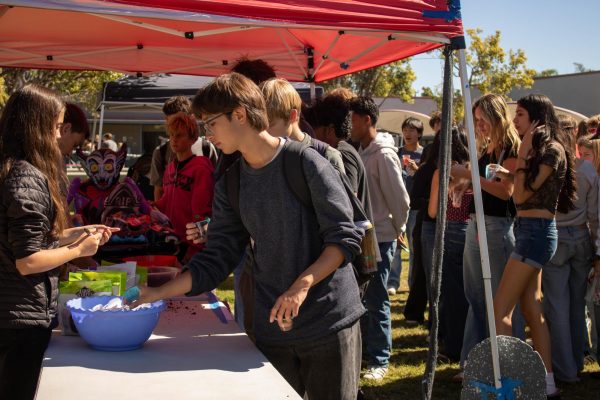
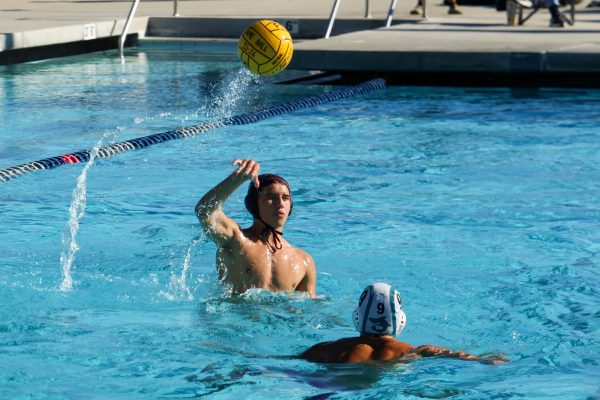
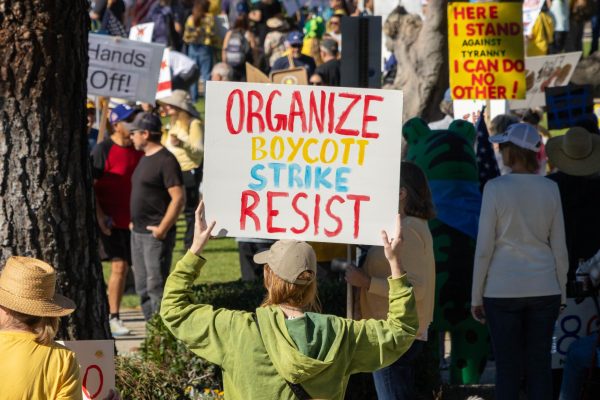

Enkela • Apr 9, 2021 at 10:42 pm
I like this.